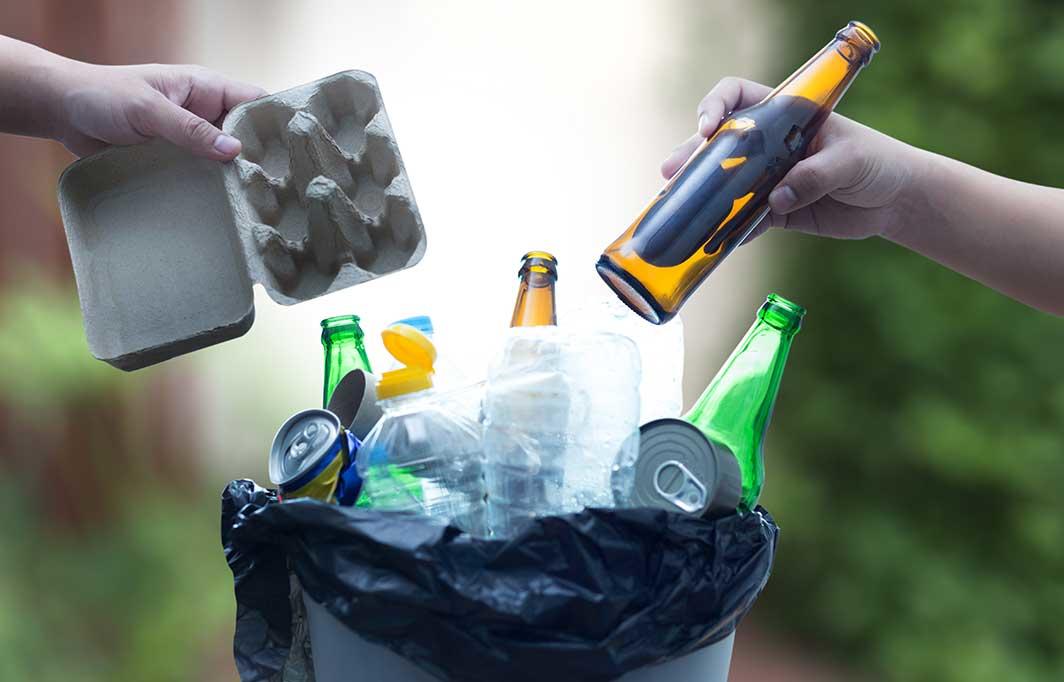Waste management: UK governments seek to introduce mandatory digital waste tracking
News
- Sustainability
09 February 2022

Led by the Department for Environment, Food & Rural Affairs (Defra), all four UK governments are consulting on introducing a new digital tracking system for controlled waste (both non-hazardous and hazardous), extractive waste, and any waste containing Persistent Organic Pollutants (as used in thermal insultation, pesticides, etc) that is moved, transferred, or treated on site*.
Over 200 million tonnes of waste are produced in the UK each year, but currently there is no single or comprehensive way of tracking it. Existing systems covering commercial, household and hazardous waste are fragmented, inconsistent and under-used, making it impossible to gain a comprehensive understanding of whether waste has been recycled, recovered, or disposed of.
The consultation proposals seek to integrate, simplify and improve the recording of all waste transactions by capturing detailed information at each point in the waste chain, making the data easily accessible and usable. Other intended benefits of the plans are reducing waste crime and its negative environmental impacts, supporting waste infrastructure planning, and enabling government to monitor progress towards zero avoidable waste and a circular economy.
Under powers provided for in the Environment Act 2021, those who produce, handle, dispose of, or make products from waste will be required to enter information onto the tracking service, with the proposal that running costs will be met by system users on a ‘polluter pays’ basis (the Act also includes powers to recover these costs, although the functions in scope of cost recovery are yet to be confirmed).
It is anticipated that registration on the waste tracking service will start in 2023 and, subject to consultation, all waste producers and operators in scope will be required to comply with the service in 2024.
The consultation risk assessment (link here) recognises that system users will face transition costs in terms of staff familiarisation and training, and potential changes to IT systems or technology. However, it also assesses that the proposed single digital system will bring about savings through streamlined, less time-consuming processes, more accurate data and a reduction in data storage costs. It also points to associated societal benefits including a safer and cleaner environment, improved resource efficiency and reduced greenhouse gas emissions.
*For non-hazardous waste only, it is proposed that there will be no need to record details at the site of production for: waste treated on site by the waste holder; waste that has undergone treatment to ensure that it is then suitable for reuse, recycling, recovery, or disposal; waste that has been discharged, disposed of, or recovered including through reuse or recycling.
Together with members of our Sustainability SIG, we will engage with the consultation proposals in order to better support and inform members on the key measures and the implications for our profession.
This consultation is being run in parallel with another Defra consultation on plans to improve the waste carrier, broker and dealer system in England by moving to a permit-based system (link here).
